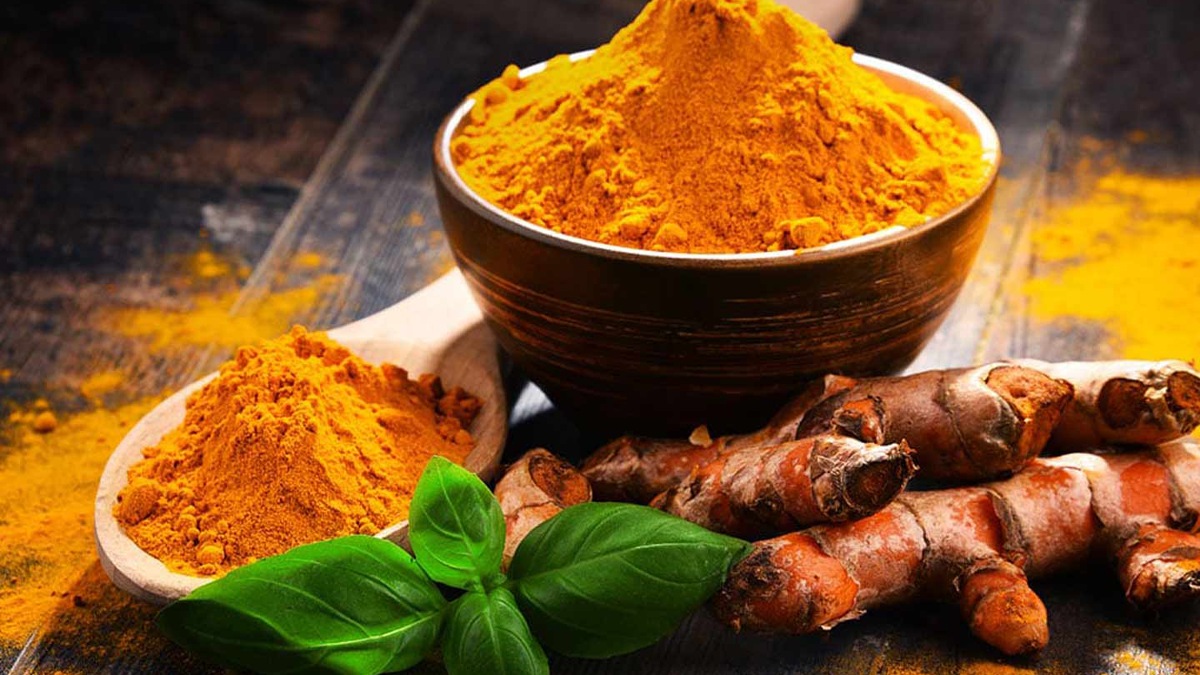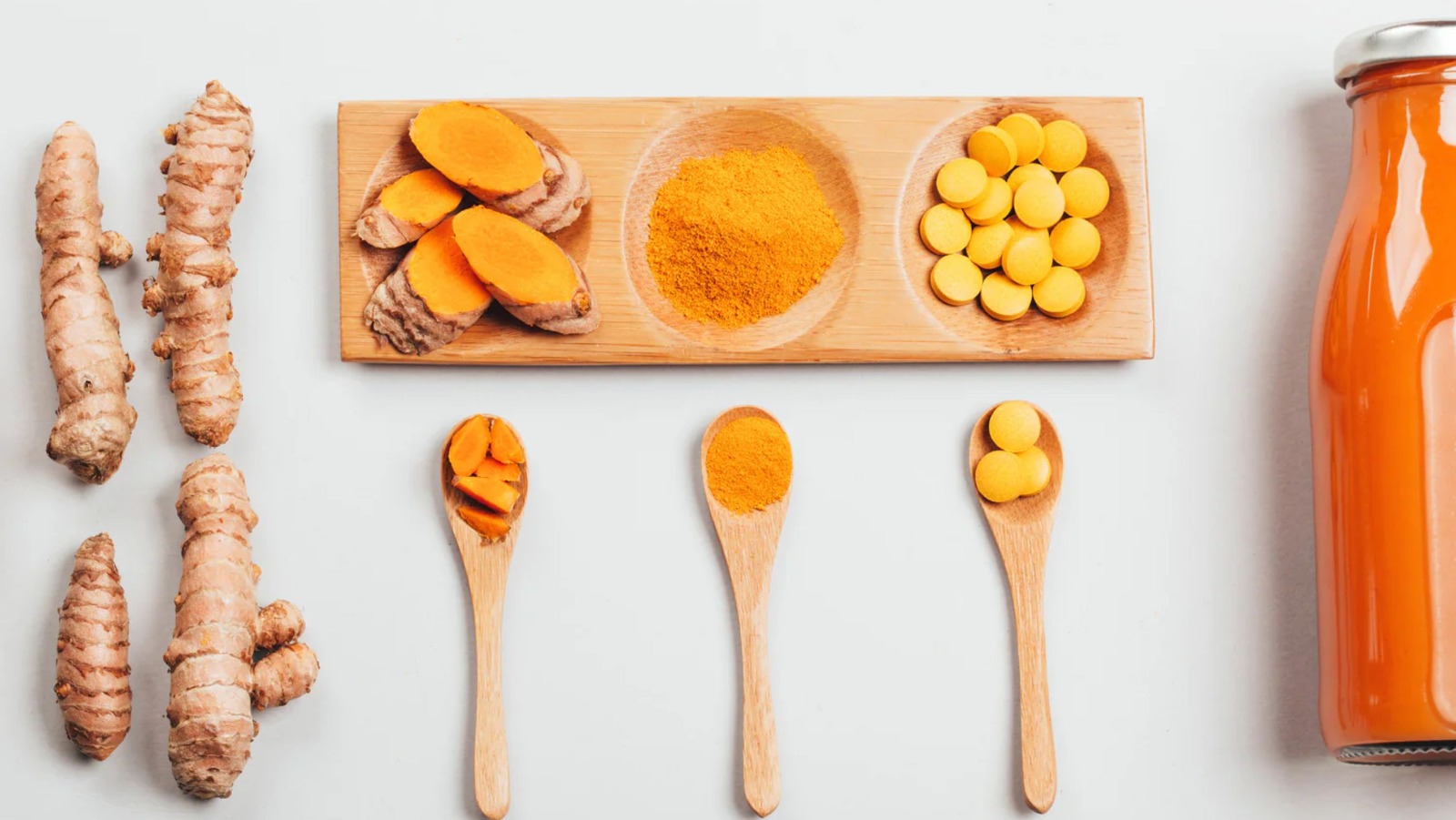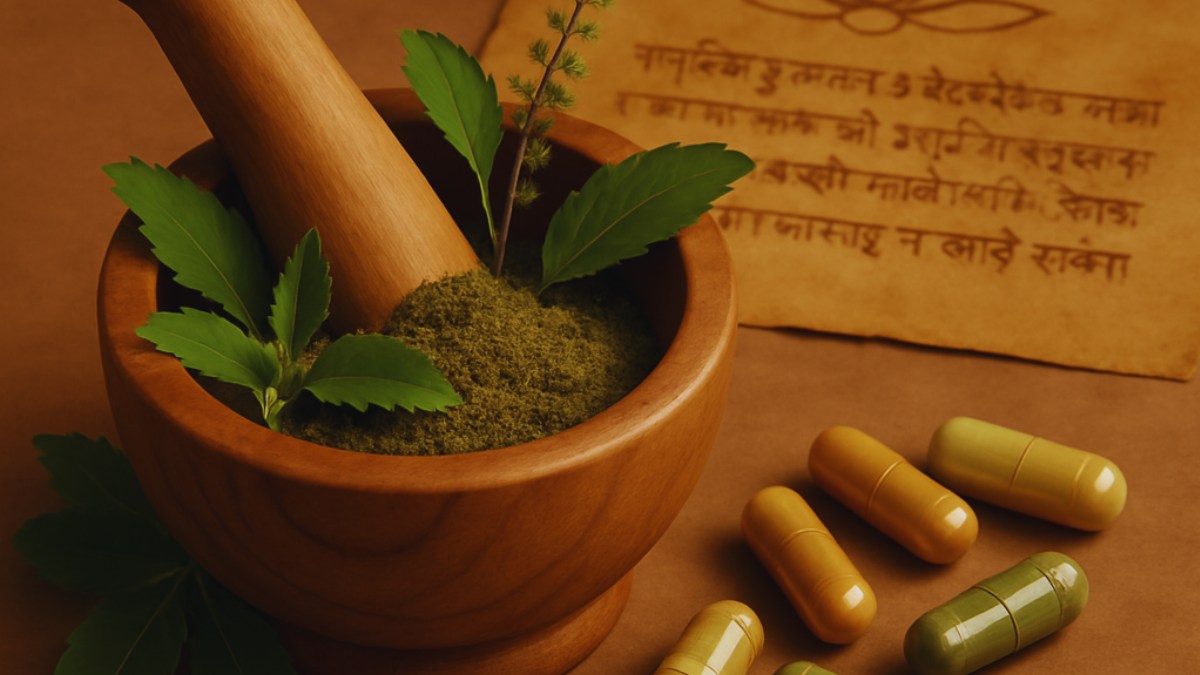Turmeric continues to make headlines for its steep increase in scientific research into its multiple beneficial actions throughout the body.
Turmeric’s Multiple Benefits

Turmeric’s many purported uses from traditional medicine make some researchers skeptical about how it could possibly be producing so many effects throughout far-reaching organ systems of the body.
Turmeric has indeed had many activities confirmed through research into multiple organ systems, which makes such wide claims about health scientifically more plausible. But how can something have an effect on so many systems? Is it due to the ‘polypharmacy’ (range of bioactive compounds) that Turmeric has to offer?
Upstream Health & The Digestive System
Research is showing that perhaps the answer is found by looking upstream. Upstream health factors include lifestyle, diet and stress, and how they begin to alter the metabolism and health of the body. There is a common saying today exemplifying this approach in focusing on upstream health, which is that “it all starts in the gut”.
The gut is where our interaction with Turmeric begins when we consume it as either a food or medicine. As curcumin on its own has very low bioavailability, studies into both methods of increasing bioavailability and also local actions in the gut have been undertaken.
In the building of studies on the interactions of the gut microbiota and curcumin, two key insights have arisen. Curcumin has a regulating effect on the intestinal microflora, and the gut microbiota can biotransform curcumin to be used in the body. This leads to the insight that as modulating upstream health in the microbiome has shown to play a key role in building overall health, perhaps its Turmeric’s upstream effects on the gut that leads to its wide benefits through downstream health applications that is reported as traditional use indications.

The Liver & Alternative Medicine
Liver health has also been in the news in the recent days, with new official changes in liver health terms as a means to make them more accessible for more people. This is important as the liver is an organ that benefits from health lifestyle interventions, and conversely suffers from poor lifestyle choices, such as the standard American diet (SAD), alcohol consumption and eating too much sugary foods.
The liver is one organ that we tend not to think much about when we are regarding our health in the western world. However, in most traditional medicine systems, the liver is seen as a very important underpinning to a healthy functioning body and mood.
Most people know the Liver has the job of processing toxins. But it does so much more—with over 500 distinct functions, including the production of cholesterol and lipoproteins to carry fats through the body, and playing a key role in storage, balancing or production of glucose as needed through its conversion of excess glucose into glycogen. Additionally, at any given moment, the liver holds about 13% of the body’s blood supply!
In alternative medicine, there are recognized signs and terms for when the liver is not performing optimally; although in western medicine, these people may be considered as completely healthy.
In both TCM and Ayurveda, a liver that is not performing optimally is likely affected by trapped ‘heat’. In traditional Chinese medicine (TCM), the liver is most affected by Qi (energy), and when not flowing freely can lead to imbalances. In Ayurveda, the liver is viewed as a “hot” or “pittic” organ, due to the fiery nature of the pitta dosha (one of the three that regulate physiological functions of the body). Both TCM and Ayurveda consider imbalanced livers to lead to anger. Indeed, even in the old European tradition of humorism, imbalanced humors and liver was connected to anger; and therefore, the liver is thought to traditionally play a key role in mood.

Turmeric & Liver Health
As the liver is a part of the digestive system and upstream health, it is interesting to note that Turmeric and curcumin have been found in randomized clinical trials to have beneficial effects on multiple metabolic markers relating to liver health.
In Ayurveda, Turmeric is used to balance all three doshas (vata, pitta and kapha). It is also used for its digestive effect. Since the liver is thought of as a “pittic” organ, those herbs and foods which are cooling in nature, and thus pitta-balancing, are thought of as being supportive to liver health.
KP Phyto has developed research initiatives into producing a higher absorption branded Curcumin, called CurcuVailÒ, as well as into its benefits on multiple systems of the body, including the liver.
Turmeric and Future Research
It’s my prediction that this insight into how a purported panacea such as Turmeric exerts its wide-ranging effects by modulating upstream processes will be found over and over throughout the medicinal plant realm. Already we can see in the scientific literature, just like Turmeric, multiple instances of medicinal plants exerting modulating effects on upstream processes, such as the microbiome, thus widely affecting health outcomes.
Thank you for Reading!
*This content is for informational and educational purposes only. It is not intended to provide medical advice or to take the place of such advice or treatment from a personal physician.







